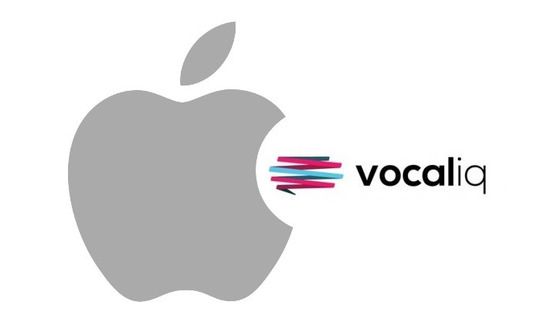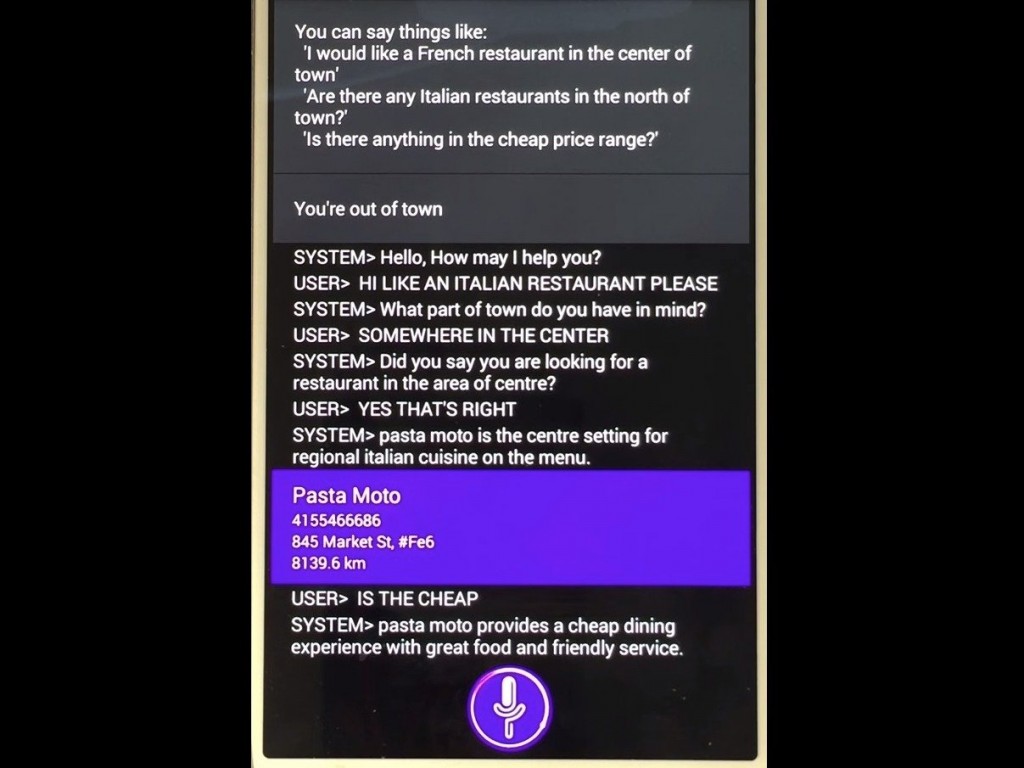VocalIQ – Apple’s new speech technology company
Apple recently acquired VocalIQ, a UK-based start-up company that specializes in making people speak with machines in the most natural way possible. VocalIQ uses the concept of machine learning to create virtual assistants on computing technology that would enable a person to communicate with their device as if it was also another human being.
One might wonder what the motive behind Apple’s acquisition might be. But by looking closely, it is very clear that Siri would benefit tremendously with the technology VocalIQ has to offer. In order to make sense of this, let us look at some defects of Siri and how VocalIQ could help improve Siri’s functionality.
One key defect in Siri is that it cannot recall previous conversations. Although it might seem like Siri is capable of holding a conversation to a certain degree, Siri actually treats each voice command independently. In order to be a true personal assistant, Siri must overcome this defect.
Now let us look at what VocalIQ has to offer. When speaking to an application that uses VocalIQ, all the details of the conversation are stored securely. This data is used to interpret what the user is trying to say. It is also used in training the application to adapt to each user and conversation.
It does not end there. A VocalIQ application also knows when it does not understand what you are saying, in which case; it can ask you to clarify your statement. After a conversation is done, the VocalIQ application uses all the data recorded from the conversation and uses it to change its own models of the conversation process. This makes it more intelligent and precise the next time you speak with it.
By the looks of it, this self-learning process exhibited by a VocalIQ application will help Siri in many ways. Siri already knows how to interpret our speech and respond with meaningful answers. However, it requires specificity in command and cannot properly handle a situation in which the application cannot determine what the user is trying to say. That is where VocalIQ technology plays its part.
In order to put things into perspective, here are a few scenarios in which Siri would fail to respond to your command, but a VocalIQ application would be able to understand:
“I am looking for a university in the middle of the city” The VocalIQ application would have already figured out which city you are in and look for the university accordingly. If it does not know which city you are in, it will ask you for its name.
“Can you find anything cheap I can buy?” This can be asked when the application has already shown the user a shop they might be interested in. Because it keeps a history of the conversation, it will immediately know that it is supposed to look for cheap items in that same shop.





